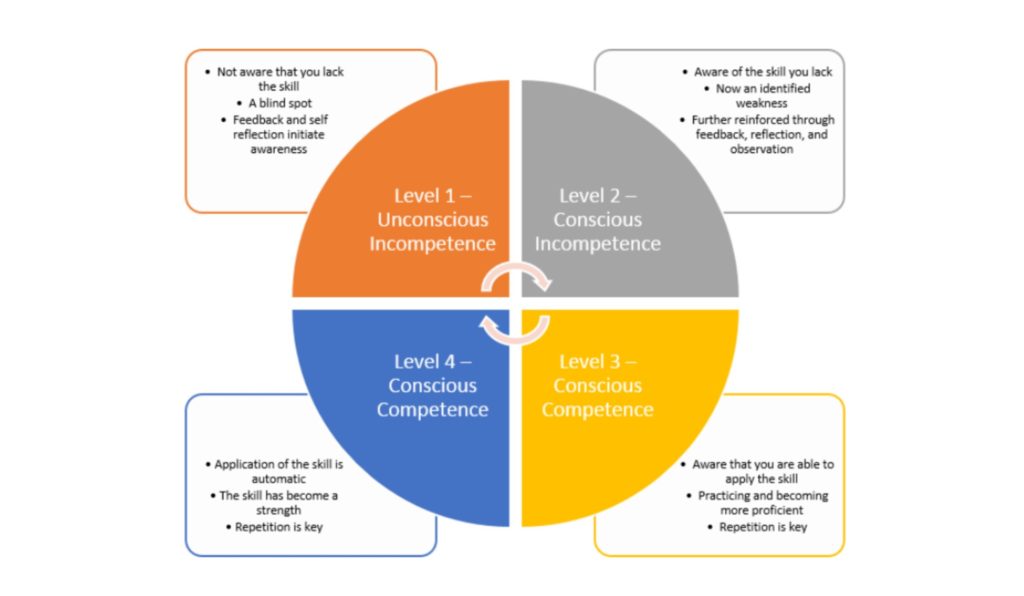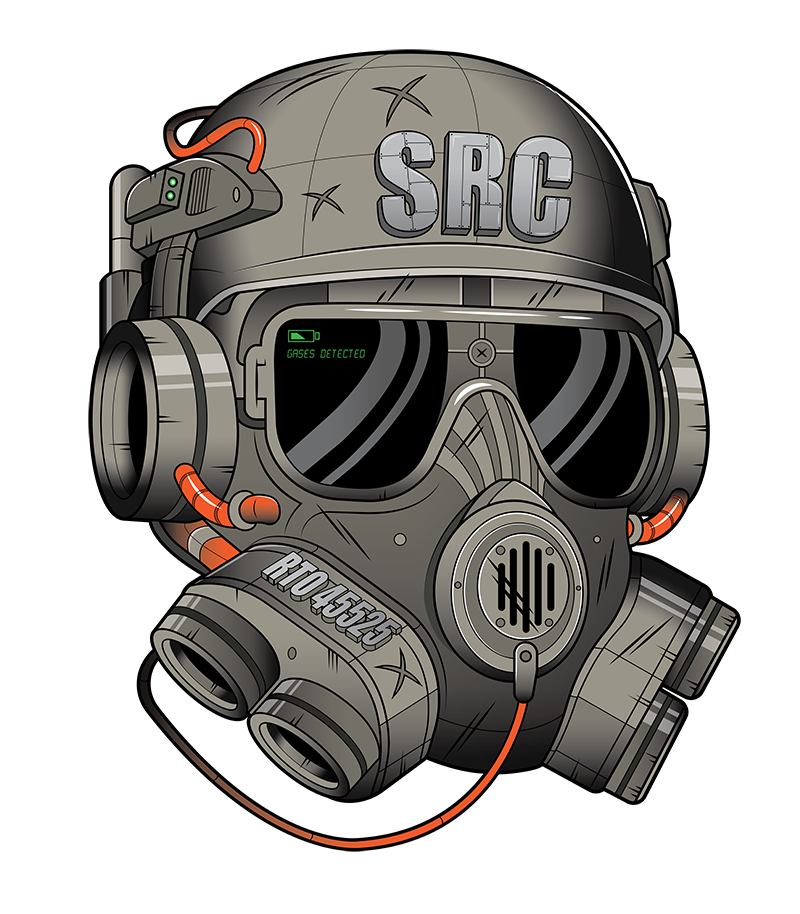Is Non-Accredited training compliant? The simple answer is yes!
By legislation workers must be given relevant training and instruction in regards to the works being conducted. Whether this is from nationally recognised training through a RTO just like Sydney Rescue Consultants Pty Ltd RTO#45525, or whether it be from an in-house non-accredited training program, there are benefits and drawbacks to both.
But don’t be mistaken, it does say TRAINING AND INSTRUCTION, over the years businesses have tossed and turned as to this requirement. Simply giving a worker an instruction via a SWMS or risk assessment is not enough. YOU MUST PROVE TRAINING. And that is where the difficulty lies.
Nationally recognised training in say working at heights or confined spaces via VET provides proof of training as you are provided with a Statement of Attainment, which outlines the unit/s of competency in which you have been deemed competent. More over the RTO has also been accredited by the government via a rigorous application and audit process, which includes checking of trainers currency, experience and qualifications in the subject being taught. So now you have proof of training.
Non-accredited training also known as associate training or industry recognised training can also provide proof, but it may come with some questions. What training was actually completed? Who conducted the training? Who was the instructor and what are their qualifications? Was it done through a recognised industry body or association? Now it might seem that I am saying NO to non-accredited training, this is not true.
Where non-accredited training can come in is when you have already completed nationally recognised training and wish to be up-skilled but simply completing the same course again isn’t up-skilling, it is refreshing on current skills, it won’t necessarily provide you with any new skills. Now this again isn’t bad thing, as what we call Low Frequency High Risk training, whereby you refresh and maintain a skill level that you don’t necessarily do everyday or even every week. But still it is high risk and further more industry requires that you be refreshed in knowledge and skills for those high risk tasks such as working at heights and enter and working confined spaces.
Another reason or requirement for non-accredited training can come in when you have a specific task/s or job that require specialist training. Unfortunately the VET system doesn’t cover all skills required to complete all jobs and it does have it’s limits. As we all know once you complete a training course, you have been deemed competent but you gain more competency by doing the job and gaining experience, this is explained by the four stages of competence, or the “conscious competence” learning model. Again I will mention that legislation tells us to have relevant training and instruction for the task/s at hand. And if you have found your limitation for nationally recognised training, where can you go? The answer is non-accredited. A good training company should be able to provide you with a custom program designed for you and to train and instruct you in those specialised areas. For example advanced confined space, there is no nationally recognised advanced confined space training. There is additional training you can gain, such as conduct risk analysis, issue permits, gas test atmospheres, operate breathing apparatus and confined space rescue. But again these courses can have limitations. As maybe you have to enter a very deep and long tunnel system and require training on specific pieces of equipment and for that you also require a specific confined space rescue plan which needs to be rehearsed and tested for effectiveness.

In summary, which ever path you chose, I would argue that both have their place and it up to you to determine how you follow and comply with legislation. And if unsure call a reputable training company such as Sydney Rescue Consultants Pty Ltd RTO#45525, as we provide both to our clients and we can create or advise the right program for you.
By Ed Oehlrich Owner/Manager Sydney Rescue Consultants Pty Ltd
